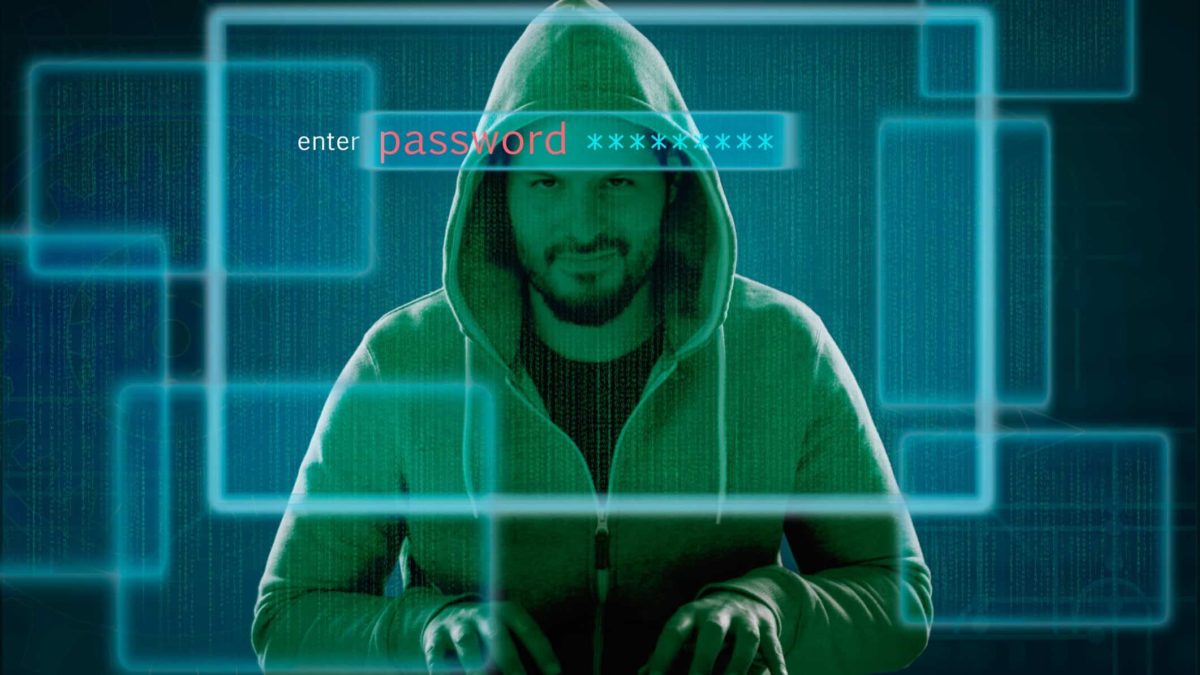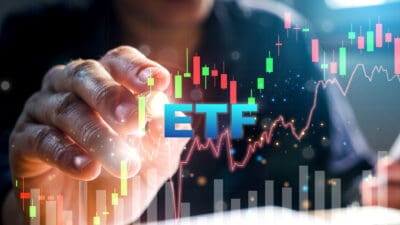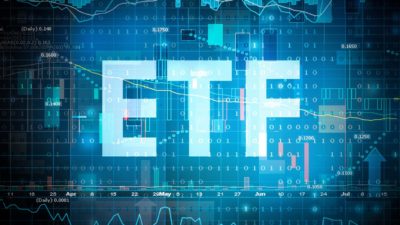The Betashares Global Cybersecurity ETF (ASX: HACK) is one of the well-liked exchange-traded funds (ETFs) on the ASX.
According to BetaShares, this ETF is around $770 million in size.
Part of its popularity has come from the returns the ETF has produced. Since its inception in August 2016, the HACK ETF has produced an average return per annum of 20.6%. Though, past performance is not a reliable indicator of future performance.
Expert rates the HACK ETF as a buy
Talking on a 'buy hold sell' Livewire video, Felicity Thomas from Shaw and Partners was asked to name an ETF that every investor should have in their portfolio. Her pick was Betashares Global Cybersecurity ETF. Here is the reasoning:
The reason I've chosen this is because cybercrime is meant to cost the world $10.5 trillion by 2025, which is huge. It also has amazing names in it like CrowdStrike. In a connected world where everyone is attached to their devices, it's becoming the biggest problem that we're all facing.
Betashares Global Cybersecurity ETF holdings
Thomas noted that there are some "amazing" names in the portfolio.
The fund holds around 40 positions in all. Crowdstrike is the heaviest of the portfolio with a 6.7% weighting.
But there are plenty of other businesses involved in the cybersecurity world including: Palo Alto Networks, Zscaler, Cisco Systems, Cloudflare, Splunk, Akamai Technologies, Booz Allen Hamilton, Mandiant, Leidos, Juniper Networks, Check Point Software, F5 Networks, Verisign, Cyberark Software, Fortinet, and more.
What is helping the earnings of the cybersecurity sector?
BetaShares says that with cybercrime on the rise, the demand for cybersecurity services is expected to grow strongly for the foreseeable future.
According to Statista, global cybersecurity revenue is projected to increase from US$137.63 billion in 2017 to US$248.26 billion in 2023.
Australian cybercrime presents just a microcosm of this growing problem. COVID-19 has led to more Australians relying on the internet to work remotely, to access services and information, and to communicate. The Australian Cyber Security Centre (ACSC) says this environment has generated more opportunities for malicious cyber actors to exploit vulnerable targets in Australia.
The ACSC says in FY21, it received over 67,500 cybercrime reports. That's an increase of nearly 13% from the previous financial year. In its annual report, the ACSC said:
A higher proportion of cyber security incidents this financial year was categorised by the ACSC as 'substantial' in impact. This change is due in part to an increased reporting of attacks by cybercriminals on larger organisations and the observed impact of these attacks on the victims, including several cases of data theft and/or services rendered offline.
The increasing frequency of cybercriminal activity is compounded by the increased complexity and sophistication of their operations. The accessibility of cybercrime services – such as ransomware-as-a-service (RaaS) – via the dark web increasingly opens the market to a growing number of malicious actors without significant technical expertise and without significant financial investment.
Ransom demands by cybercriminals ranged from thousands to millions of dollars and the use of dark web tools and services improved their capabilities, according to the ACSC.
Fund details
Some readers may want to know about the geographic allocation of the businesses.
The US has an 84% allocation, with Israel (3.4%), India (3%), and South Korea (2.5%) being the next three according to weightings.
While most of the ETF is invested in American businesses, it doesn't mean that's where most of the earnings are generated. Many of the holdings generate revenue from numerous countries.
The Betashares Global Cybersecurity ETF has an annual management fee of 0.67%.









